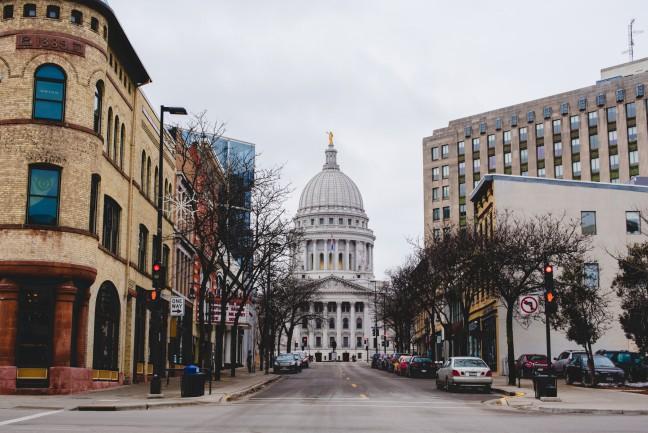Nothing is more important in the democratic process than abiding by the will of the people, and understanding what constituents’ needs are. The city of Madison’s new program, Imagine Madison, incorporates both of these ideas.
The goal of the program is to gather opinions from diverse sections of the community, many of whom have not been included in the policy-making process before. This is to be accomplished through public listening sessions.
Imagine Madison to incorporate citizen input for city planning process
These listening sessions are to be used to help set the Madison Comprehensive Plan, a document providing recommendations to guide future growth and development in the city. It is updated every 10 years.
Imagine Madison’s goal of including diverse voices to provide input on future city development should be lauded. Rather than listening exclusively to influential Madisonians, they’re taking into account the actual needs of the people. This move could not come at a better time.
Madison and Dane County still have much work to do to adequately address the findings of the 2013 Race to Equity report, which found stark black-white disparities above the national and state averages in educational attainment, poverty rates and unemployment, just to name a few.
Of course, this is not to say that progress has not been made. In January 2016, Race to Equity released a Racial Equity Community Impact report, which listed each initiative taken by the city of Madison, Dane County, school districts, the University of Wisconsin, private sector, faith-based organizations and foundations to help bridge these racial disparities.
The initiatives Madison has taken include creating the Racial Equity and Social Justice Team, which targets disparities in three areas: equity in city policies and budgets, equity in city operations and equity in the community. The city has also adopted the Ban the Box Initiative to remove questions regarding criminal background from city job applications, ensuring that hiring decisions are based on relevant work qualifications and the creation of the Black Leadership Council to advise government on issues affecting the African American community in both Madison and Dane County.
While all these initiatives are beneficial to ending racial disparities in Madison, more can be done, and Imagine Madison can help pick out exactly what needs fixing to make Madison a more equitable place.
Aaron Reilly ([email protected]) is a sophomore majoring in social work and economics.














